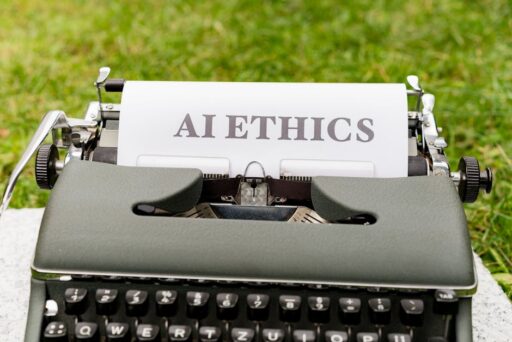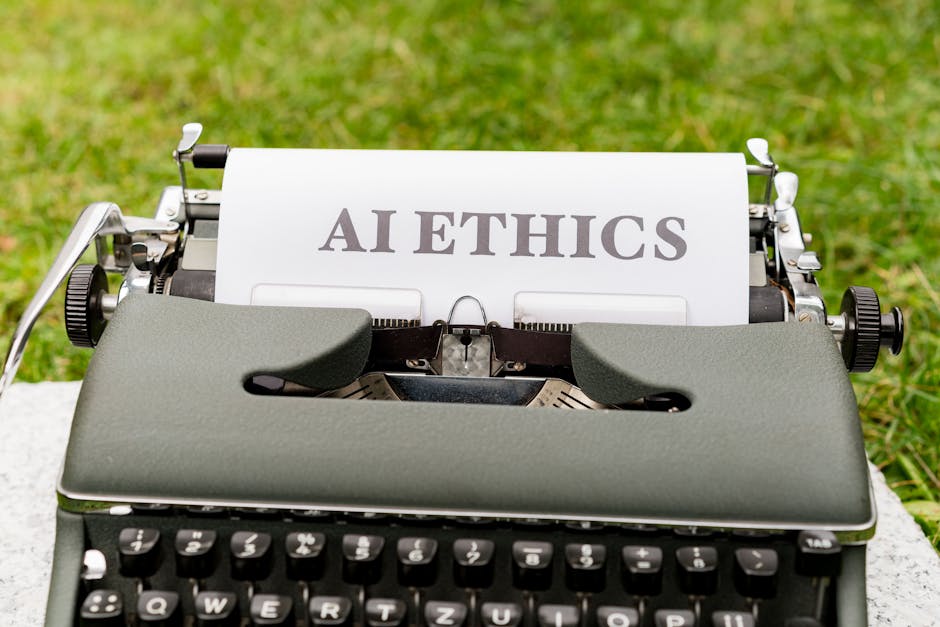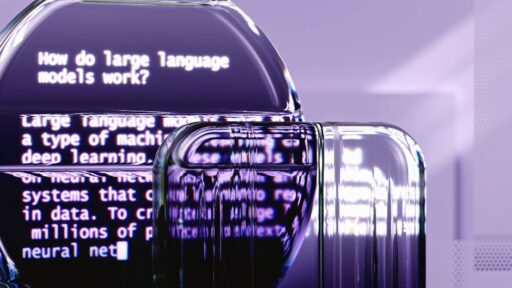The Ethical Dilemma of AI-Generated Videos Featuring Deceased Celebrities
In the modern era of artificial intelligence, technology has advanced to the point where highly realistic videos can be generated of individuals, including those who have passed away. This raises significant ethical and legal questions, particularly in light of recent controversies involving OpenAI’s Sora 2, a model capable of creating videos of deceased celebrities.
One prominent voice in this debate is Zelda Williams, who has publicly expressed her discomfort with AI-generated depictions of her late father, Robin Williams. She has urged fans to cease sharing these videos, emphasizing the disrespect and emotional distress they cause.
The Sora 2 model, which is still available only by invitation, allows users to generate videos of historical and deceased figures. While OpenAI has set some restrictions to prevent the creation of videos featuring living individuals without consent, these restrictions do not fully extend to the deceased. This has led to a proliferation of videos featuring well-known figures like Martin Luther King, Jr., and John Lennon, among others.
Critics of OpenAI argue that the company’s practices may infringe on the posthumous rights of individuals and exploit their likenesses without consent. Despite these concerns, current legal frameworks, particularly in the United States, do not provide clear protection against the defamation of deceased individuals, leaving a gray area in terms of liability and ethical responsibility.
The implications of such technology are profound. As AI models become more sophisticated, the potential for misuse increases, with the possibility of distorting the legacies of real people for entertainment or malicious purposes. This situation prompts a broader conversation about the need for stricter regulations and ethical guidelines in the development and deployment of AI technologies.
In conclusion, the ability to generate realistic videos of deceased celebrities poses a significant ethical dilemma. While technological advancements hold the promise of innovation, they also require careful consideration of the moral boundaries they may cross. Society must grapple with these questions to ensure that the legacies of individuals, both living and deceased, are respected and preserved.






